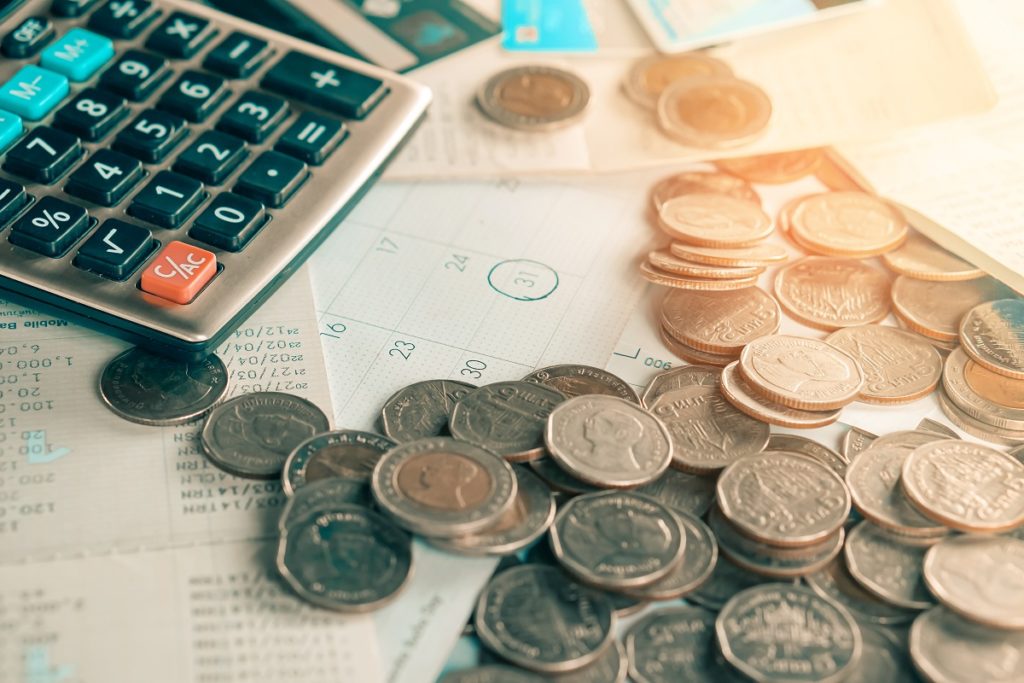Knowing how to distribute your money depending on your expenses and investments is a very useful skill that many people find hard to practice. It’s important to keep track of the money that comes in and out of our pockets and savings accounts and doing so is a great indicator of being financially responsible. Below are some suggestions on how to distribute your income into different categories depending on your needs, savings, and investments.
Using the 50-30-20 Method
This is something that can be easy to practice for those who aren’t a fan of listing all their expenses down. They find it easier to categorize how much money goes to which. 50% is for your basic necessities, like food, toiletries, transportation, utilities, and other investments like health insurance and real estate. 30% goes to wants, like clothes, entertainment, and hobbies. Lastly, and most importantly, 20% goes to your savings and debt. Now if the percentages seem to be a bit extreme to do right away, you can always ease into it by adjusting the percentages to what’s feasible for you at the moment.
Use Expense Trackers
 Technology is a powerful tool in tracking your expenses. For example, there are useful apps you can install on your phone, so you can digitally keep track of your cash flow. Some of these apps even incorporated games to make it fun and interesting for the user. What’s good about these trackers is that they are a good reminder of where a huge chunk of your income is going.
Technology is a powerful tool in tracking your expenses. For example, there are useful apps you can install on your phone, so you can digitally keep track of your cash flow. Some of these apps even incorporated games to make it fun and interesting for the user. What’s good about these trackers is that they are a good reminder of where a huge chunk of your income is going.
For example, if you already see that your highest expenses are from eating out, you could switch to doing meal prep. Maybe when you’re in charge of taking care of your family, medical and health expenses could really break the bank. Looking into good health insurance plans can save you from shelling out thousands for hospital visits. Private insurance companies in the Philippines can offer terms that are most flexible for you.
Set a Certain Amount
This can be done either weekly or monthly. Say, you could set a fixed amount of a few hundred if you intend to save weekly. A thousand or a few could do if you intend to do it monthly. This will also serve as an exercise to be dutifully disciplined with your expenses. In a year or so, you’d see how saving a fixed amount can go a really long way!
If you plan to splurge on something, make sure that you have a limit on how much you intend to spend. You should also make sure that your next splurge will not follow immediately. Schedule them in such a way that you can save money before your next spending spree.
Distribution of income will be hard at first, but the more you track how you spend your money, it will be easier for you to manage your cash flow giving you full control and a good sense of financial responsibility. You don’t have to follow all of these strategies, but you could do one method before moving on to the next.



